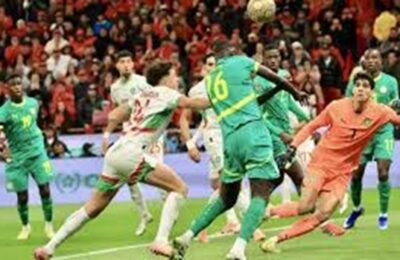By Musa Bakare.
As 2027 approaches, the political air in Kogi State is thick with calculation, caution, and quiet ambition. From Idah to Okene, from Kabba to Lokoja, one question cuts across tribe and party lines; What direction will Kogi take next, unity or renewed division ?
For over three decades, Kogi state has been caught in the web of uneven power distribution, political betrayal, and regional mistrust. Yet, the people of Kogi state, proud, resilient, and hopeful are again standing at the threshold of another defining moment.
Since the state’s creation in 1991, power has rotated in an unbalanced pattern. The East birthed the first wave of leadership under the late Prince Abubakar Audu, whose charisma and vision still echo through the state’s history. He ruled from 1992 to 1993 and again from 1999 to 2003. Years after, the East continued to dominate political structures and gubernatorial aspirations.
Then came the Central zone, which broke the long monopoly with Alhaji Yahaya Bello’s emergence in 2016. His two term administration altered Kogi’s political calculus, introducing a new generation of power brokers and a new tone of politics.
Now, as we approach 2027, the West, the only senatorial district yet to taste the governorship stands at the crossroads of history. Its cry for justice is not emotional, it is moral, logical, and long overdue.
Kogi state cannot continue to operate like a family where only two brothers share the inheritance while the third watches from the fence. Real unity is impossible without fairness. And fairness, in a multi ethnic state like Kogi state is not a favor, it is the foundation of peace.
Those who preach unity without equity are merely calling for grave yard silence, not harmony. Kogi state’s unity must be built on justice, a justice that recognizes that every zone deserves its turn at leadership. If Kogi East and Kogi Central have both governed for upward of thirty years, then the spirit of balance demands that 2027 should produce a governor from Kogi West.
This is not about a political party or personality; it is about principle. No state thrives when one section feels permanently excluded from the leadership table.
Across the three zones, the people’s expectations have shifted. The average Kogite no longer wants grand speeches or political theatrics; they want justice, equity fairness along with Infrastructure, roads, jobs, hospitals, and security. They want leaders who speak less about power and more about purpose.
But above all, Kogi people want peace, not the peace of suppression, but the peace of fairness. They want a governor who will rise above tribal calculation and treat the state as one indivisible family.
2027 is not just another election, it is a moral test. Kogi must decide whether it wants to remain trapped in the politics of exclusion or move toward genuine inclusiveness. Power must now rotate in the true spirit of justice and brotherhood.
The world is watching, history is taking notes, and posterity will judge the choices we make.
If we get it right, 2027 could mark the dawn of a new Kogi, united in justice, strengthened by diversity, and inspired by shared destiny.
But if we fail again, we will remain a state rich in potential but poor in fairness. The time to act is now, unity built on justice is the only unity that endures.
– Musa Bakare is a public affairs commentator and political analyst based in Lokoja, Kogi State.




